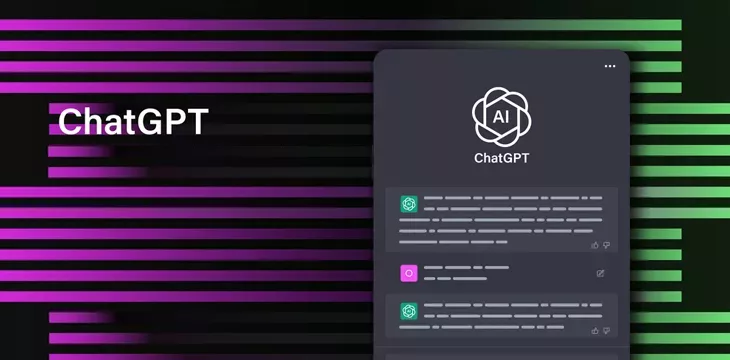|
Getting your Trinity Audio player ready...
|
OpenAI, maker of the popular artificial intelligence (AI) platform ChatGPT, has introduced a new memory feature designed to allow the chatbot to remember details of previous conversations.
In a company statement, users will be able to tell ChatGPT to remember specific information, dispensing the need to repeat the same data to the chatbot, according to OpenAI. Only a handful of premium customers will have access to the memory feature, with OpenAI eyeing a wider rollout to all classes of users in the coming days.
The new memory feature offers greater personalization for users and comes laden with a “forget” tool. Users can turn off the memory feature with the push of a few buttons under the personalization option with the option of text inputs to forget available memories.
Users can view and delete specific memories under the personalization tab alongside the option to “temporary chat.” OpenAI says that users can turn to the temporary chat option for tasks that do not require memory, noting that conversation will not be saved and will not be used to train its large language models (LLMs).
For increased privacy levels, OpenAI says its users can opt out of allowing their memories to be used to train and improve models.
Enterprises appear to be the biggest beneficiary of the feature, with the statement confirming the chatbot’s ability to remember format preferences, tone, and voice styles. Coders can use the feature to save programming language and frameworks, while team users can access personalized monthly business reviews.
The memory feature will be extended to GPTs upon full-scale launch, with creators having the choice to enable or disable memories for their GPTs. However, critics are poking holes in the new offering as another route for the violation of privacy rights, but OpenAI’s statement goes on to downplay the concerns.
“We’re taking steps to assess and mitigate biases, and steer ChatGPT away from proactively remembering sensitive information, like your health details – unless you explicitly ask it to,” the statement read.
A streak of features for OpenAI
Since the start of 2024, OpenAI has unveiled several features, including opening a GPT store to support monetizing personalized systems.
“In Q1 we will launch a GPT builder revenue program,” OpenAI said in January. “As a first step, US builders will be paid based on user engagement with their GPTs.”
Alongside the GPT marketplace feature is an ambitious plan by the company to wade into the hardware space and other emerging technologies in the race for smart home
dominance. There are also plans to explore in-house chip production to meet up with rising demand, with OpenAI CEO Sam Altman keen on a slew of global partnerships.
In order for artificial intelligence (AI) to work right within the law and thrive in the face of growing challenges, it needs to integrate an enterprise blockchain system that ensures data input quality and ownership—allowing it to keep data safe while also guaranteeing the immutability of data. Check out CoinGeek’s coverage on this emerging tech to learn more why Enterprise blockchain will be the backbone of AI.
Watch: What does blockchain and AI have in common? It’s data

 02-26-2026
02-26-2026 




